Disclosure: This article contains affiliate links. We may earn a commission from purchases at no extra cost to you, which helps our travel content.
When most travelers think of experiencing authentic Middle Eastern cuisine in America, they rarely consider Michigan. Yet nestled just outside Detroit lies Dearborn—home to the largest concentration of Arab Americans in the United States and, consequently, some of the most authentic Middle Eastern food you'll find without boarding a transatlantic flight. As someone who studies ecosystems professionally, I'm fascinated by cultural food systems too—and Dearborn represents a beautifully preserved culinary ecosystem worth exploring.
Understanding Dearborn's Middle Eastern Heritage
Dearborn's Arab American community began taking shape in the early 20th century when Lebanese and Syrian immigrants arrived to work in Henry Ford's booming automobile factories. Today, nearly a third of Dearborn's population has Arab ancestry, creating a cultural tapestry that's evident in every aspect of life here—especially the food.
What fascinates me as a scientist is how this community has maintained authentic culinary traditions while adapting to local ingredients and palates. It's a beautiful example of cultural preservation in action. Walking through the eastern neighborhoods feels like entering a different world, with Arabic shop signs, the calls of street vendors, and restaurants filled with families sharing mezze plates and grilled meats.
The Warren Avenue corridor serves as the main artery of this vibrant community, lined with bakeries, restaurants, and specialty markets that have become institutions. Many businesses are multi-generational family operations, where recipes have been passed down for decades. This isn't a tourist-manufactured experience—it's the real deal.
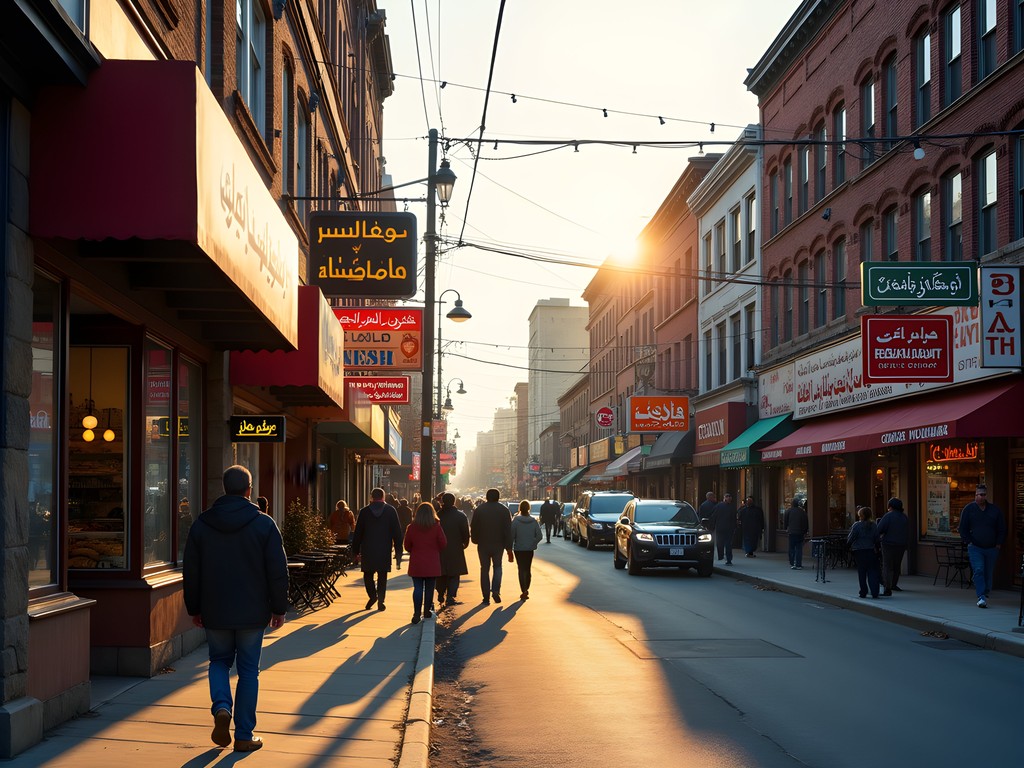
💡 Pro Tips
- Visit on weekends when families are out and restaurants are most lively
- Look for restaurants with large local Arab clientele—always a good sign of authenticity
- Learn a few basic Arabic greeting phrases—efforts are appreciated by shop owners
Bakeries: The Foundation of Dearborn's Food Culture
If I could recommend just one culinary experience in Dearborn, it would be visiting the traditional bakeries. The bread culture here is extraordinary—and as someone who's traveled extensively through the Mediterranean, I can attest that Dearborn's offerings rival anything you'll find overseas.
Shatila Bakery is the crown jewel, a massive establishment famous for its baklava and knafeh (a cheese pastry soaked in sweet syrup). During Ramadan, lines stretch around the block as families stock up on sweets for iftar celebrations. I always pick up their assorted baklava box to bring home—the pistachio variation is transcendent.
For savory options, New Yasmeen Bakery produces incredible man'oushe—flatbreads topped with za'atar (a thyme and sesame seed mixture), cheese, or ground lamb. They're baked in traditional stone ovens right before your eyes. At just $3-4 each, these make an incredibly budget-friendly breakfast or lunch. I never visit without my reusable food containers to take some for later—they're perfect for storing these delicious flatbreads without creating waste.
For something uniquely Dearborn, seek out the meat pies at Al-Ameer Bakery. These handheld savory pastries filled with seasoned ground lamb make perfect portable snacks while you're exploring the neighborhood.
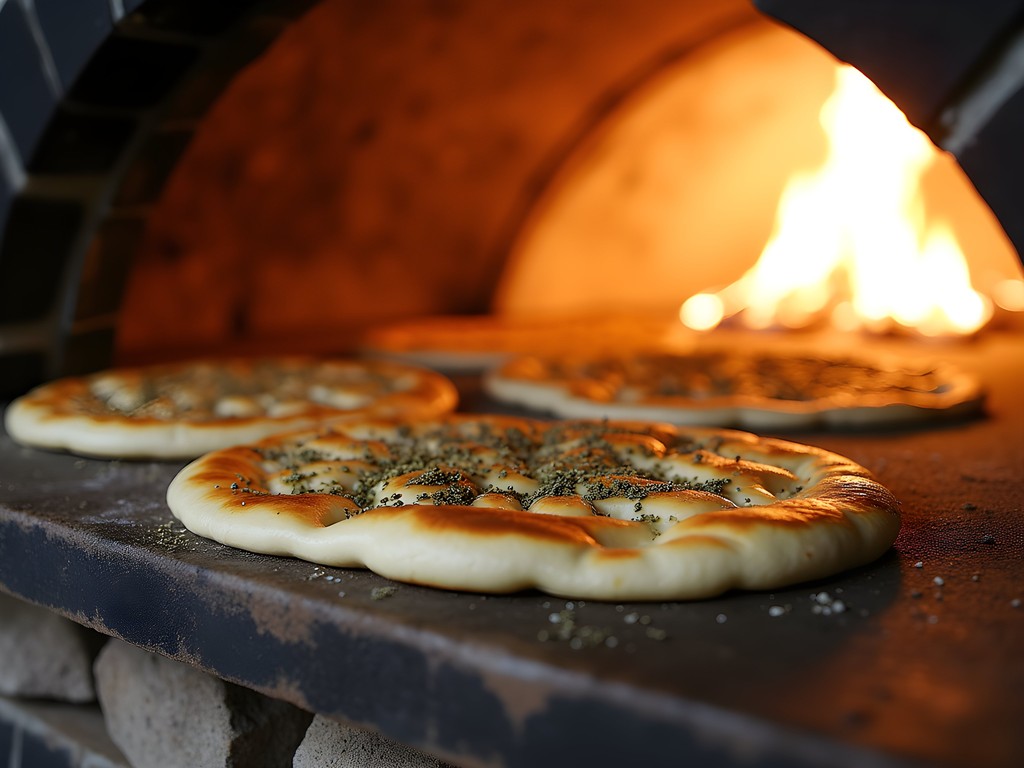
💡 Pro Tips
- Visit bakeries in the morning for the freshest bread selection
- Don't be shy about asking for samples—most bakeries are happy to let you try before buying
- Look for seasonal specialties, especially during Ramadan and other holidays
Family Restaurants: Where Tradition Meets Table
Dearborn's family-owned restaurants offer the kind of authentic Middle Eastern dining experience that's impossible to replicate in chain establishments. These are places where recipes have been perfected over generations.
Al-Ameer Restaurant (which earned a James Beard America's Classics Award) serves what many consider the definitive Lebanese cuisine in Michigan. Their raw kibbeh—a dish of seasoned raw lamb with bulgur wheat—requires immense skill to prepare properly. If raw meat isn't your preference, their cooked kibbeh balls and extensive mezze selection never disappoint. A meal here feels like being welcomed into someone's home.
For those seeking value, Cedarland Restaurant offers enormous portions at reasonable prices. Their combination platters allow you to sample multiple dishes for around $15-18 per person. I always bring my travel journal to jot down new dishes and flavors I discover—it's become my personal food encyclopedia over the years.
If you're traveling as a couple, consider the intimate setting of Byblos Café, where the shareable mezze plates create a romantic dining experience. Their grilled halloumi cheese drizzled with local Michigan honey represents the beautiful fusion of Middle Eastern tradition with local ingredients.
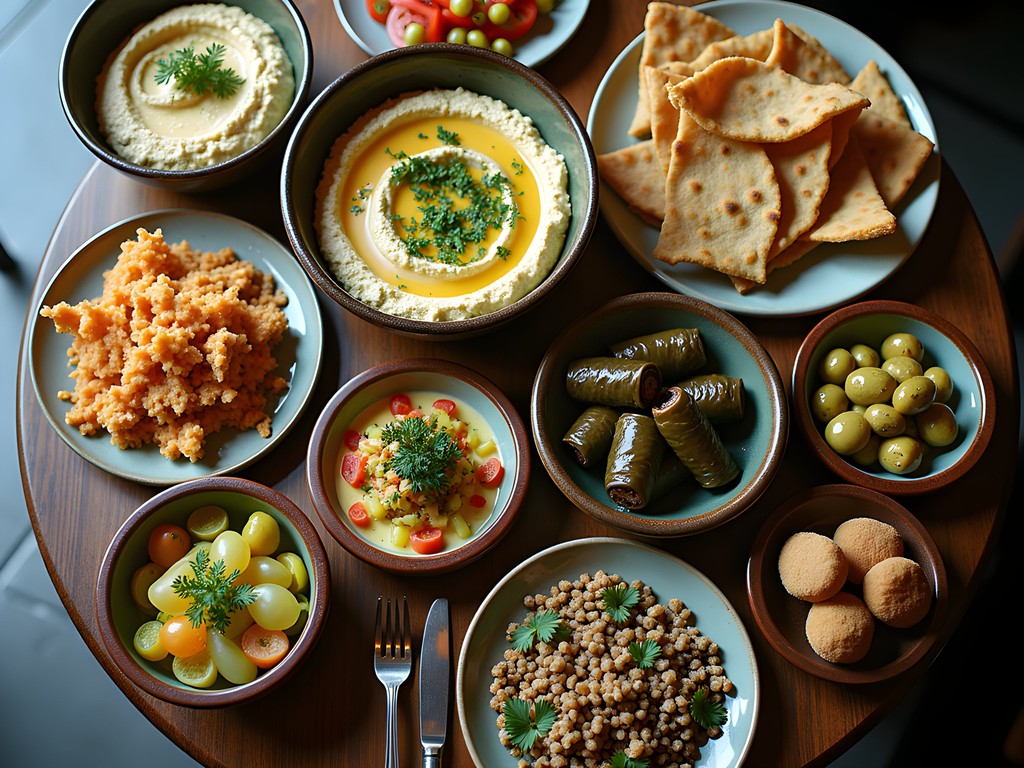
💡 Pro Tips
- Order family style to try more dishes—most restaurants expect sharing
- Ask servers for recommendations—they'll often suggest house specialties not obvious from the menu
- Save room for Arabic coffee and dessert—they're an essential part of the experience
Markets: Bring Dearborn's Flavors Home
One of my favorite aspects of traveling is discovering local markets, and Dearborn's Middle Eastern grocery stores are treasure troves for food enthusiasts. These markets allow you to bring home flavors that will extend your culinary adventure long after your visit ends.
Super Greenland Market is the largest, offering everything from fresh produce to imported spices and prepared foods. Their olive bar features varieties from across the Mediterranean, while the cheese section introduces you to types rarely found in conventional American supermarkets. The in-store bakery produces fresh pita bread throughout the day—watching the production line is fascinating from a food systems perspective.
For spices, Hashem's is unparalleled. Their house-blended za'atar mix combines wild thyme, sumac, and sesame seeds in perfect proportion. I always stock up on their spice blends, which come in convenient spice jars that keep everything fresh for months.
My personal ritual involves picking up ingredients for a mezze night at home: jarred makdous (baby eggplants stuffed with walnuts), labneh (strained yogurt), and premium olive oil. These items travel well and make perfect edible souvenirs. The shopkeepers are incredibly helpful in explaining how to use unfamiliar ingredients—just ask!
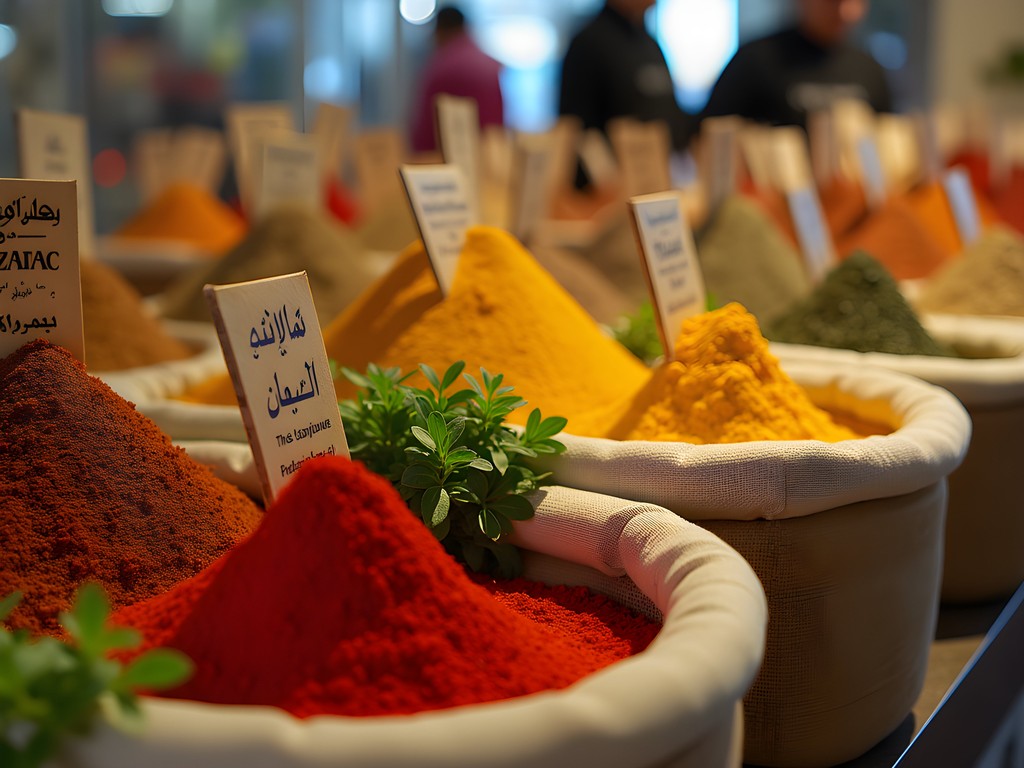
💡 Pro Tips
- Shop where locals shop—follow the crowds for the freshest products
- Pick up shelf-stable items like spice blends, rose water, or pomegranate molasses as souvenirs
- Visit the olive and pickle bars for unique varieties not found in regular supermarkets
Sweet Endings: Dearborn's Dessert Culture
No exploration of Middle Eastern cuisine would be complete without indulging in the region's legendary sweets. In Dearborn, dessert isn't just an afterthought—it's an art form worthy of dedicated establishments.
Masri Sweets specializes in kunafa—a warm cheese pastry soaked in sweet syrup that achieves the perfect balance between savory and sweet elements. Watching the artisans stretch the fine phyllo dough by hand is mesmerizing.
For a truly special experience, visit Shatila during Ramadan when their selection expands to include seasonal specialties. Their mamoul cookies—semolina pastries filled with dates, pistachios, or walnuts—pair perfectly with strong Arabic coffee. I always bring my insulated travel mug to take coffee to go while exploring the neighborhood.
What I find fascinating from a conservation perspective is how many of these dessert traditions developed as preservation methods in hot climates before refrigeration—honey and sugar syrup served as natural preservatives. Today, these techniques create the distinctive textures and flavors that make Middle Eastern sweets so unique.
Most bakeries offer boxed assortments perfect for gifts. The sweets are remarkably durable for travel, making them ideal souvenirs for friends back home.
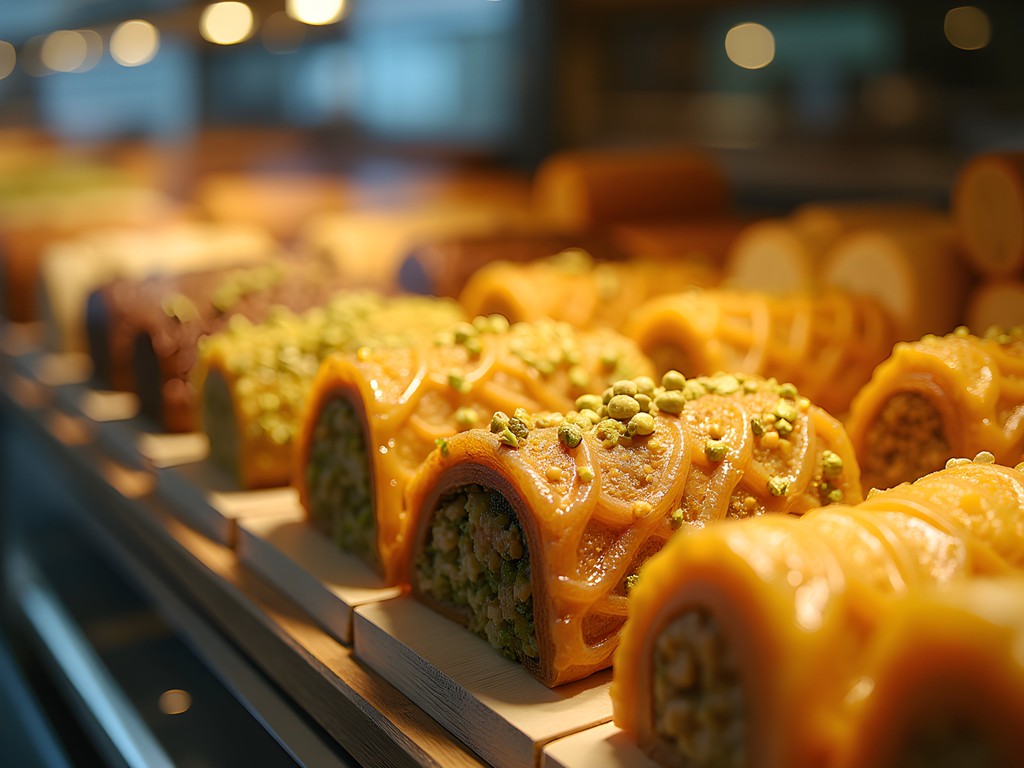
💡 Pro Tips
- Try baklava variations beyond the standard—pistachio, walnut, and chocolate versions offer different experiences
- Visit during holidays for special seasonal desserts not available year-round
- Pair sweets with bitter Arabic coffee for the traditional flavor combination
Final Thoughts
Dearborn offers one of America's most authentic Middle Eastern culinary experiences, created not for tourists but by and for a vibrant immigrant community preserving their heritage. What strikes me as a conservation scientist is the beautiful parallel between preserving ecosystems and preserving food traditions—both require dedication, knowledge transfer between generations, and adaptation to changing environments.
The beauty of exploring Dearborn is that it remains largely undiscovered by mainstream tourism, allowing for genuine cultural exchange rather than commodified experiences. A weekend here costs a fraction of an international flight while delivering flavors that transport you thousands of miles away.
As travelers seeking authentic experiences, we have a responsibility to approach cultural communities with respect and curiosity. Take time to learn about the regional differences in Middle Eastern cuisine, ask questions, and express appreciation for the traditions being shared. The warm hospitality I've experienced in Dearborn reminds me that food remains one of our most powerful tools for cross-cultural understanding.
So next time you're planning a food-focused getaway, consider looking beyond the obvious destinations. Dearborn awaits with open arms and full plates—no passport required.
✨ Key Takeaways
- Dearborn offers authentic Middle Eastern cuisine at budget-friendly prices without leaving the US
- Visit bakeries in the morning, share family-style meals at restaurants, and bring home spices from markets
- The community welcomes respectful visitors interested in learning about their food traditions
📋 Practical Information
Best Time to Visit
year-round, though Ramadan brings special foods and festivities
Budget Estimate
$150-250 for a couple for a weekend of dining
Recommended Duration
2-3 days
Difficulty Level
Beginner

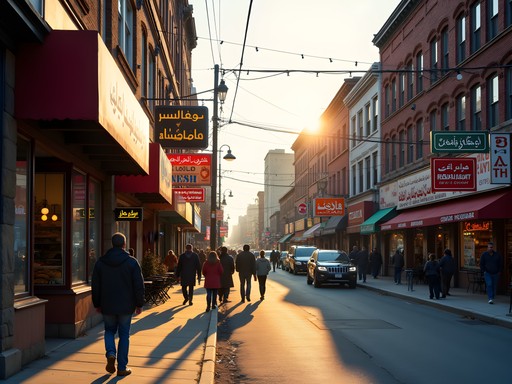
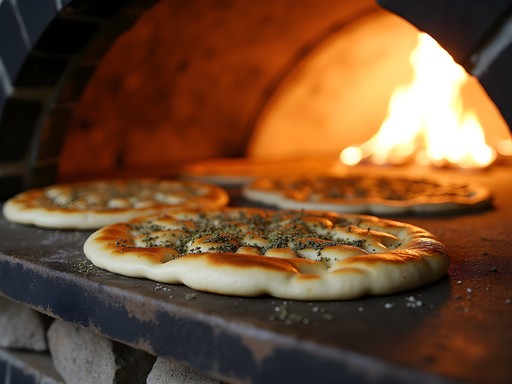
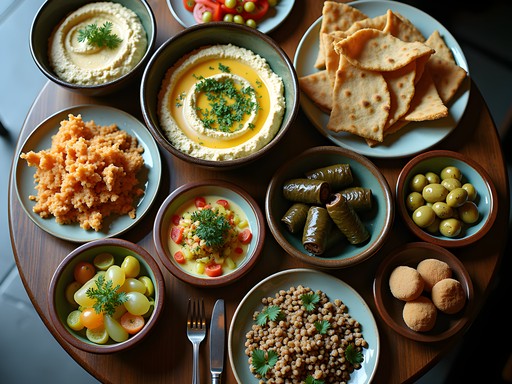
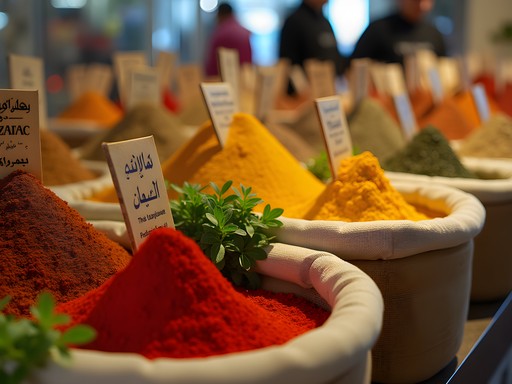
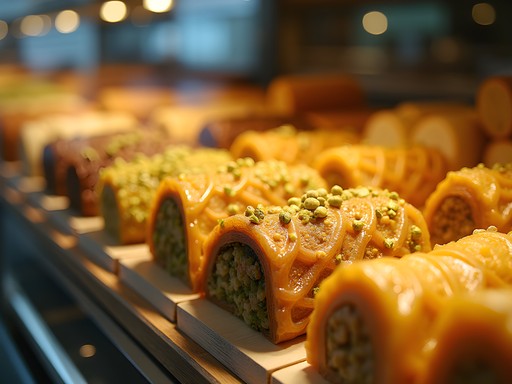






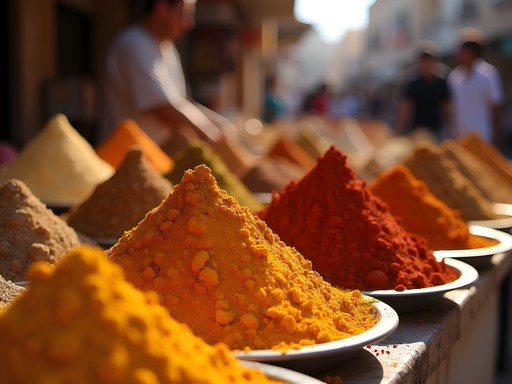
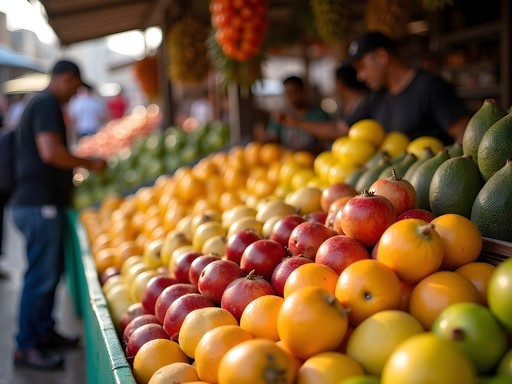

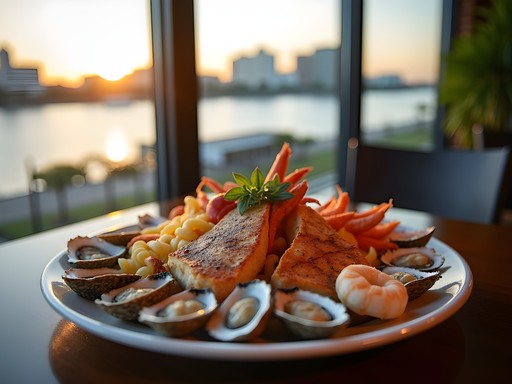
Comments
wildace
Going there next month!! Can't wait to try the food
explorefan
is it easy to get around without a car or do you need to drive?
Taylor Moreau
Excellent write-up, Elena. I visited Dearborn last autumn during a business trip to Detroit and was genuinely impressed by the authenticity of the food scene. The bakeries along Warren Avenue are exceptional—I found the manakish and za'atar breads far superior to what I've had in many European cities. For anyone planning a visit, I'd recommend going midweek as the restaurants can get quite busy on weekends. The markets are also wonderful for picking up spices and ingredients you won't find elsewhere in the Midwest.
wildace
Which bakery did you like best?
Taylor Moreau
I particularly enjoyed Shatila Bakery, though there are several excellent options along the same street.
journeyclimber
YES to this whole post! I've been going to Dearborn for years and it never disappoints. Pro tip: don't sleep on the smaller family spots off Warren Ave. Some of the best food I've had was at tiny places with like 6 tables. Also the Arab American National Museum is worth checking out if you want to understand the community better. Makes the food experience even richer when you know the stories behind it.
journeyhero
How far is Dearborn from downtown Detroit? Thinking of adding this to my trip in spring
Taylor Moreau
It's only about 15-20 minutes by car from downtown Detroit. Very easy day trip if you're staying in the city centre.
journeyhero
perfect thanks!
coolmaster8281
Never thought about Michigan for middle eastern food but this looks amazing!
globetime
Going there next month with my family! Any tips on parking? And are the restaurants kid-friendly?
journeyclimber
Super kid friendly! Most places have street parking or small lots. Warren Avenue is the main strip. Get there early for lunch to avoid crowds. And definitely hit up Shatila Bakery—kids will love the sweets!
Casey Andersson
Elena, this post brought back so many memories! I spent three days in Dearborn last autumn and was absolutely blown away. I stayed at a boutique hotel in Detroit and drove over each morning, which gave me the perfect excuse to work up an appetite. The bakery scene alone is worth the trip—I must have tried knafeh from four different places trying to find "the best" (spoiler: they were all incredible). What really struck me was how genuine everything felt. No watered-down versions for Western palates, just real family recipes passed down through generations. The grandmother at one restaurant even sat with me and explained the history of each dish. Have you tried Al-Ameer on your visits? Their lamb shawarma changed my life.
journeyclimber
Al-Ameer is THE BEST!! Their garlic sauce is addictive
staradventurer
Never thought about Michigan for this! Looks amazing
globetime
Right?? Dearborn is seriously underrated. The food there is better than what I had in some parts of the actual Middle East lol
staradventurer
ok now i'm definitely adding it to my list!
GlobalFoodie22
Those fattoush salads look incredible! Adding Dearborn to my foodie bucket list!
Venture X
Premium card with 2X miles, $300 travel credit, Priority Pass